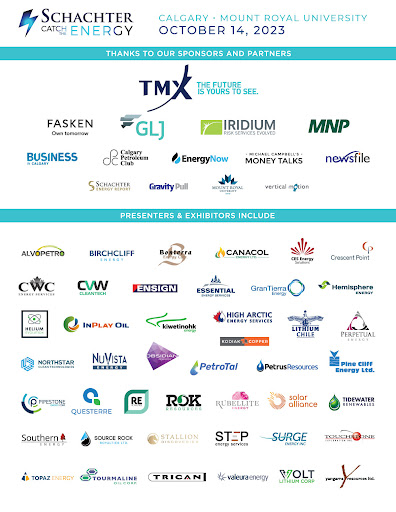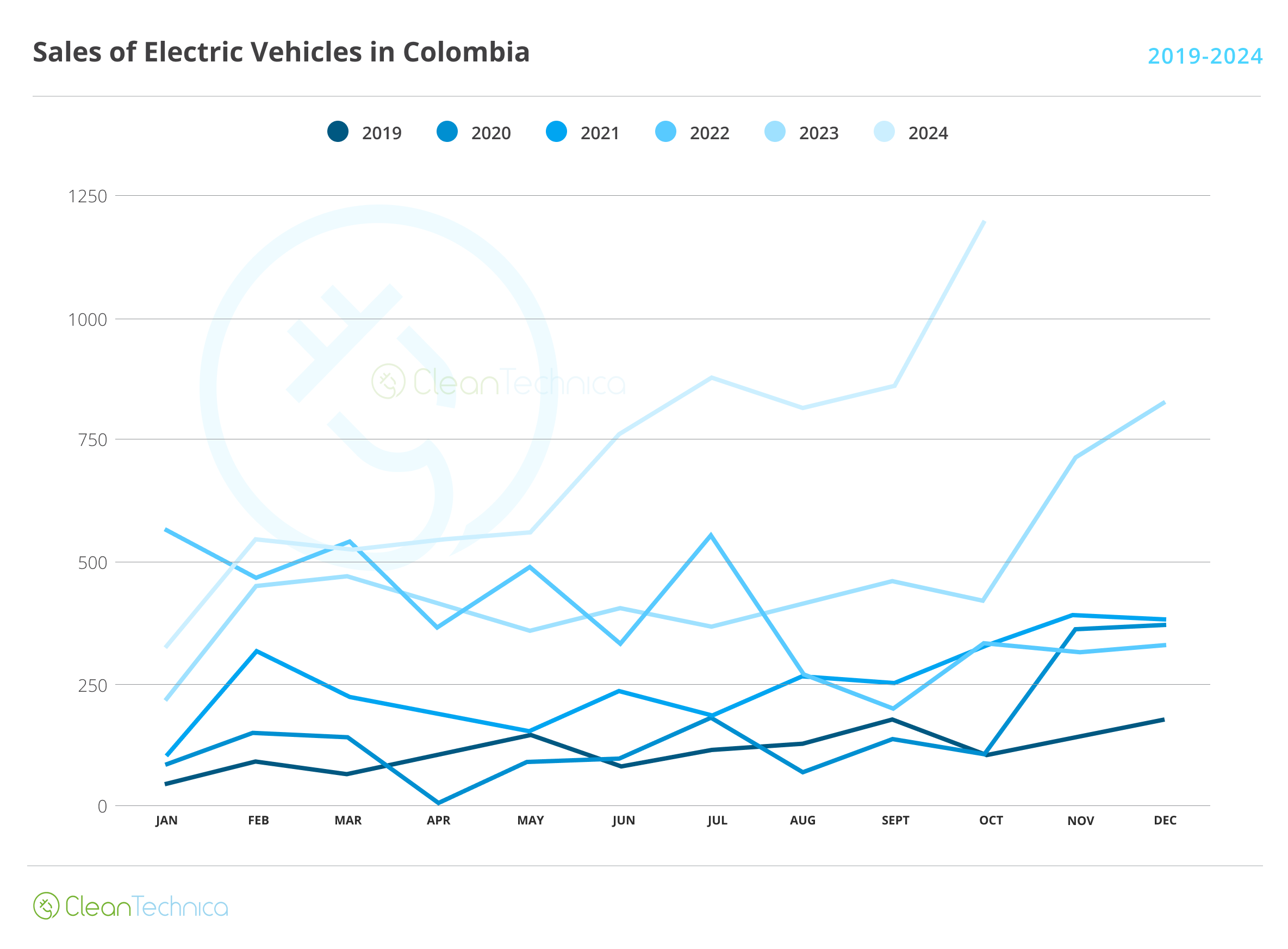
Each week Josef Schachter gives you his insights into global events, price forecasts and the fundamentals of the energy sector. Josef offers a twice monthly Black Gold newsletter covering the general energy market and 38 energy, energy service and pipeline & infrastructure companies with regular quarterly updates. We also hold quarterly webinars and provide Action BUY and SELL Alerts for paid subscribers. Learn more.
Global Economic, Political & Military Update:
Some of the positive and negative issues facing the US and other major economies are:
- For the US:
- The US banking system remains fragile as regulatory capital increases (effective October 1st) mean less ability for banks to lend and those banks with large real estate portfolios (commercial real estate the big headache) are facing large write-downs. Banks that have a lot of Treasuries on their books, if marked to market versus kept to maturity, would hit their P&L statements. If their liquidity dried up they would be forced to sell. SubPrime car loans are seeing rises in defaults.
- Recent FOMC minutes showed that rate hikes for this year may not be over. The sharp rise in some food items and the recent rise in crude prices will impact upcoming CPI and PPI reports. The next FOMC meeting is scheduled for September 19-20 and no change is expected in their rates. The one thereafter, on October 31/November 1st, is where the market is increasingly worried about the next rate hike.
- A risk off is occurring in speculative areas like crypto currencies. Bitcoin has fallen over US$6,000 from its recent high of US$31,800 to below US$26,000 (close September 6th at US25,738). Support is now at US$24,800 and if it declines below this level it could plunge below US$20,000.
- Food inflation and consumer resistance to higher prices have knocked down stocks of Hershey, Hormel and Kellogg. They are all at 52-week lows.
- For the rest of the major economies in the world:
- China is facing a difficult economic period as exports fall and domestic spending by consumers withers. More real estate companies and shadow non-bank financial entities are facing interest payment arrears and refunding problems. The Yuan is under pressure and will need more stabilization by their Central Bank.
- Canada saw its Q2/23 GDP fall at an annualized rate of 0.2%. This was led by a drop in new construction due to higher interest rates, a consumer spending slowdown and a hit to the resource sector due to the wildfires.
The war in Ukraine is seeing more escalations as one side hits the other. This is now spreading to daily drone attacks on Moscow by Ukraine and the Black Sea Ukrainian grain export ports being blockaded and attacked by Russia.
Some recent events:
- Ukraine carried out a drone strike against a Moscow plant that makes microchips used in missile production. The chips made here were for the more accurate Kalibr cruise missiles that Russia has been using effectively in recent months. The upgraded drones provided by NATO, and now used effectively by Ukraine come with better targeting systems. There are reports that NATO allies have ‘volunteer’ advisors (UK and US special forces advisors) helping Ukraine use them. Ukraine also hit an air base near Moscow and damaged two Ilyushin, IL-76, military transport planes. The range of these new missiles is longer than prior equipment used.
- Ukraine also made a successful operation into Crimea and raised their flag in a symbolic show that they intend to retake the area.
- Belarus has moved troops close to the Polish and Baltic borders. Russian planes have been entering Polish air space to test their air defense systems.
- Russia to gain more munitions for the war have invited North Korean leader Kim Jong Un to eastern Russia. Russia wants more munitions and workers (Russia’s economy now has labour shortages as more Russian men are drafted) and North Korea wants access to oil and food for their long suffering economy.
Market Movement: We are watching the 33,600 level for the Dow (today at 34,446), which if breached would complete a topping formation for the Dow. A close below 32,600 would set up the waterfall decline phase to below 30,000. Stay patient with cash reserves and be ready to BUY at the next low risk entry point. Don’t get trapped by the current market enthusiasm. Keep an eye on the inverse Jim Cramer (CNBC profit). The code for this negative ETF is SJIM (sell Jim). Investors may want to take some profits in non-taxable accounts due to the sizable move in energy stocks over the last six months. Traders may take a more aggressive approach. We intend to harvest some portion of currently held positions but keep a core weighting. Subscribers please watch upcoming SER Ownership releases to see what we have done via some harvesting.
Once this correction has lowered stock prices and fear has returned to the markets over the next two months, be ready to buy the bargains that develop. As the general stock market declines we expect energy prices to back off and the Energy Bullish Percent Index to retreat back to below 10% and ring the bell for the next BUY window. The last BUY signal was in March and we added 14 new ideas to our Action BUY List. Many energy stocks are down over 50% from their 2022 highs, and many trade again below Proved Developed Producing (PDP) Reserve valuations levels. If you want to see what our subscribers are looking at, sign up now for access to the Schachter Energy Research reports at https://bit.ly/2FRrp6k.
Bullish pressure for crude prices comes from the production cuts by Saudi Arabia and Russia which has been extended through the end of the year. The original Saudi plan was for the 1.0 Mb/d cut to last just the two months of July and August. They then extended the cuts to the end of September and now to the end of 2023. This extension of the Saudi production cut of 1.0 Mb/d squeezed crude short sellers again, and drove the price of WTI up. Over the last two months these multiple announcements have lifted crude prices by over US$20/b. Russia has shaved sales from its western ports but has increased sales from their eastern ports. The US$25/b discount is finding lots of buyers and some who don’t care about sanctions are now paying over the sanction limit price of US$60/b to get supplies. Russia is also playing a game of cutting crude exports but increasing product sales so that they are not really cutting overall supplies and energy revenues continue to meet their war needs.
Bearish pressure for crude comes from the weakness in OECD economies in the US, Europe and Japan. China’s recent trade and manufacturing weakness and sluggish consumer spending add to the economic problems in that country. New production could come on stream this fall from the weak sisters of OPEC (Iran, Iraq, LIbya, NIgeria and Venezuela). The biggest increase would likely be from Iraq which is negotiating with the Kurds and the Turkish regime to reopen the northern border pipeline which can move over 450 Kb/d. It has been closed for most of this year due to revenue sharing disagreements. Iran is talking about adding more barrels to reach 3.5 Mb/d by Q4/23. In August reports show that they raised production to 3.15 Mb/d from 2.83 Mb/d in July. This is the highest production rate for Iran since 2018.
EIA Weekly Oil Data: The EIA data (data cut-off September 1st) looks bullish for crude prices as Crude Commercial Crude Stocks fell 6.3 Mb to 416.6 Mb. The SPR saw another injection, this time, 0.8 Mb to 350.3 Mb. Motor Gasoline inventories fell 2.7 Mb while Distillate Fuels saw a rise of 0.7 Mb/d. Refinery Utilization fell 0.2% to 93.1%. US crude production remained at 12.8 Mb/d and is now 700 Kb/d above year ago levels, as longer reach horizontal wells are producing more. Cushing inventories fell 1.8 Mb to 27.4 Mb. Motor Gasoline consumption rose 253 Kb/d to 9.32 Mb/d as the summer holiday driving season ends. Jet Fuel saw a decline of 189 Kb/d to 1.62 Mb/d. Total Demand fell 1.23 Mb/d to 20.20 Mb as Other Oils consumption saw a decline of 1.94 Mb/d Kb/d to 4.19 Mb/d. Total US consumption is above last year by 311 Kb/d. Consumption was at 20.2 Mb/d versus 19.9 Mb/d last year at this time. Year-to-date total consumption is 1.0% below last year or 20.12 Mb/d versus 20.32 Mb/d.
EIA Weekly Natural Gas Data: The EIA data released September 7th was bullish for natural gas prices as it showed a build of a low 33Bcf for the week ending September 1st as electricity demand remains strong given the current heat wave. Storage is now at 3.15 Tcf. The biggest increase was in the Midwest (24 Bcf) while there was a decline in storage in the South Central area of 15 Bcf. This compares to the five-year injection rate of 36 Bcf and the 2022 injection of 41 Bcf. US Storage is now 17.2% above last year’s level of 2.69 Tcf and 7.6% above the five year average of 2.93 Tcf. NYMEX is today priced at US$2.56/mcf.
Our forecast is for NYMEX to rise above US$3.50/mcf in the coming weeks as hurricane season hits the Gulf coast. Tropical storms are forming in the Caribbean and will soon enter the Gulf of Mexico. If they shut down offshore oil and natural gas production then NYMEX could rise to over US$4.50/mcf during winter 2023-2024. Bloomberg today reported that the Texas power grid is again close to the edge of blackouts due to high usage and possibility of some shutdowns as the hurricanes approach.
Europe should see tightened supplies this winter and if winter is colder than last year should lift prices materially. We recommend buying the very depressed natural gas stocks during periods of general market weakness. We intend to add additional natural gas names to our Action BUY list when we get the next low risk energy BUY signal.
Baker Hughes Rig Data: In the data for the week ending September 1st the US rig count fell 1 rigs to 631 rigs (down 12 rigs over the last two weeks). Rig activity is now 17% below the level of 760 in 2022. Of the total rigs working last week, 512 were drilling for oil and this is 14% below last year’s level of 596 rigs working. The natural gas rig count is down 30% from last year’s 162 rigs, now at 114 rigs which will impact production levels materially in the coming months. The natural gas focused Haynesville now has 41 rigs working down from 71 rigs working last year or down by 42%. Natural gas supplies could fall 2-3 BCF/d by year end due to the lack of drilling and demand should pick up once annual maintenance is completed at key LNG facilities and winter demand ramp up.
In Canada, there was a three rig decrease in the rig count to 187 rigs. Canadian activity is down 10% versus last year when 208 rigs were working. Activity for oil is down 20% to 115 rigs compared to 143 last year. Activity for natural gas is at 72 rigs up from 65 last year. The main focus on natural gas drilling has been on the liquids rich condensate Montney and Duvernay plays.
Catch the Energy Conference Update: Tickets are now on sale for the public. Become a subscriber and get two free tickets to the conference (tickets to the public are on sale at $119 per ticket each during the early bird window until September 15th (they then move to $179 each). To find out more go to www.catchtheenergyconference.com . We did sell out last year so if you would like to attend please get your tickets as soon as possible.
Our Premier, Danielle Smith has agreed to come and open the conference. This plenary session will take place in the Bella Hall.
Thank you to our Sponsors, Exhibitors and Presenters. It is going to be a great lineup this year!
We are filling the last slots for the conference and will have an updated list in upcoming ‘Eye on Energy’ issues.

Energy Stock Market: The S&P/TSX Energy Index today is at 270, up 14 points from two weeks ago due to the short squeeze by the Saudis. WTI crude is up US$10/b over the last two weeks. As the general market decline continues to unfold and the Dow Jones Industrials breach 30,000, we expect the S&P/TSX Energy Index to fall below 220. This would trigger another key BUY signal for us. Get your BUY List ready!
New BUY ideas will be issued as energy stocks fall into our BUY ranges. Decide what you want your energy weighting to be for this long energy super cycle. Our Coverage List includes ideas from the Pipeline & Infrastructure area, Canadian oil and natural gas ideas, energy service ideas and companies working internationally. Our list includes large Conservative ideas and small to large caps in our Growth and Entrepreneurial categories. Add to your current ideas or add new ideas when we send out the next low risk entry point recommendations. We expect that WTI should lift above US$90/b during winter 2023-2024 as winter demand recovers and demand should clearly exceed supplies.
CONCLUSION:
We see the March crude price decline to US$64/b as being the low for 2023. However, we may test levels below US$75/b over the coming weeks as we enter the lower demand period of Fall. Our long term optimism on the sector is due to our view that in 2H/24 WTI will exceed US$100/b as demand rises and exceeds supplies. Before the end of this decade we expect WTI prices will exceed the high in 2008 of US$147.27/b. Near term we expect to see a backoff in prices as the general stock market correction impacts most areas and energy, a high beta area, is normally one that corrects during market declines. The S&P Energy Sector Bullish Percent Index has lifted to a 2023 high of 96%, a warning signal of too much euphoria by energy stock investors. It is prudent now to have decent cash reserves for the next low risk entry point. Usually each year you get two to three buy windows. We expect one more during Q4/23 after the two we saw during March. Consider harvesting some gains and building cash reserves.
WTI is priced today at US$87.54/b, up US$10/b over the last two weeks. As the stock market retreat continues we should see WTI crude get dragged down and give back the recent run, falling below US$75/b this fall. Even lower levels are possible if China’s difficulties get a higher profile. As markets retreat we expect to take advantage of the bargains in energy stock prices. More BUY ideas will be added to our Action BUY List when we get the next low risk BUY window. Down market days during that time are the best days to build your positions for the lengthy energy super cycle we see lasting into the end of the decade.
Our next SER Report comes out next Thursday September 14th. We go over the current market malaise and as well have another Insider Trading review. If interested in our upcoming report please become a subscriber. Go to https://bit.ly/2FRrp6k.
Our 2023 ‘Catch The Energy’ has its Presenter line-up almost complete. We expect to have 45 Presenters (10 Presenters from the TMX on Clean Tech and important renewable materials, up from five in 2022). We have taken more space this year and have expanded our booth rooms so attendees can spend more time with the Presenter companies and their senior executives. We have increased MRU capacity to 750 attendees due to the oversold condition last year. Early bird transferable tickets are available now for $119 each at www.catchtheenergyconference.com or one can buy a quarterly subscription to become familiar with our work and get two complimentary tickets to the event (a financially attractive offer).
Please feel free to forward our weekly ‘Eye on Energy’ to friends and colleagues. We always welcome new subscribers to our complimentary energy overview newsletter.
Share This:
Next Article





